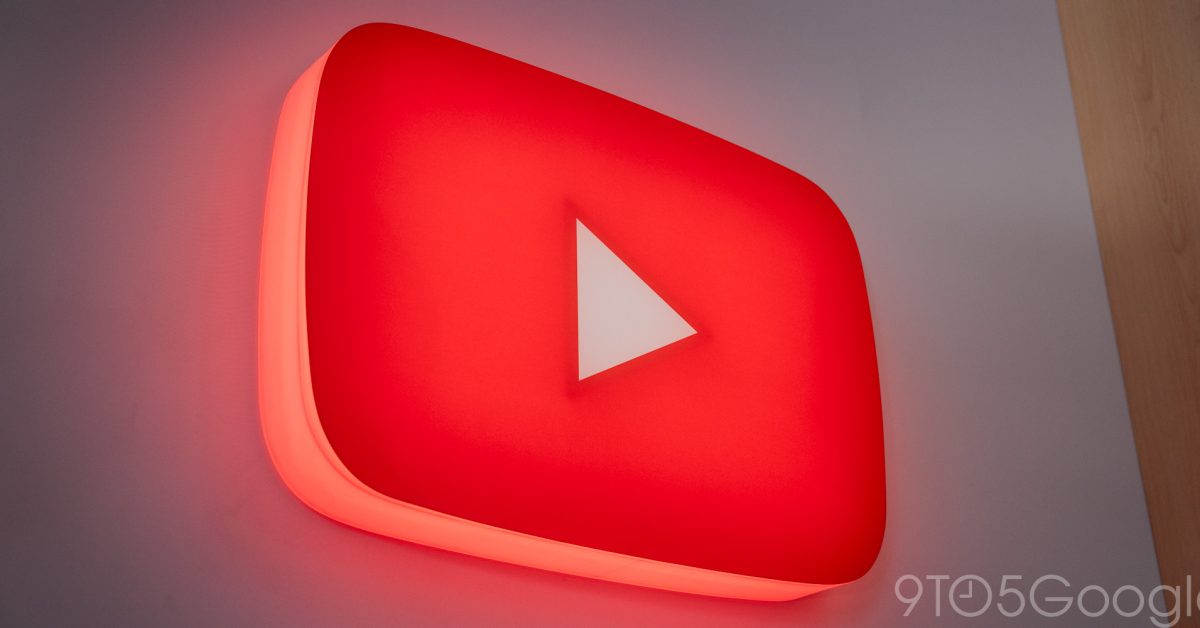Nationalize YouTube.
Specifically, nationalize the backend, Google can keep their website. And place it in the hands of something like the UN, rather than any specific country. I hardly trust Uncle Sam any more than Google’s investors. They’ve successfully monopolized video hosting, now turn it into a public resource.
And open it up to the world, too. Google might get to keep their website, but everyone else can access the same database, too. May the best front end win.
Curiously, that would mean a peer-tube network of server instances for which YouTube becomes a frontend.
Sorry to burst your little bubble but the UN charter specifically states it is an intergovernmental organization whose stated purposes are to maintain international peace and security, develop friendly relations among nations, achieve international cooperation, and serve as a centre for harmonizing the actions of nations.
As much as some may want to believe the UN is some sort of «Global Supreme Court», it is not. It mainly functions by consensus of all other nation (including those who explicitly chooses to abstain). Therefore, by making the UN somehow responsible for the “backend”, as you have said, or as the custodian of the entire repository/library of videos uploaded to YouTube, every member nations would then have their own priorities on what to “keep” and what to “remove” from the repository/library. Since the UN works principaly by consensus only a very small subset of all the videos will be kept as being universally non-controversial. Hence, the majority of videos will be irrecoverably erased.
Perhaps you meant a NGO (non-governmental organization) or a non-profit organization such as the Internet Archive. However, storage and maintenance for such a vast collection of large media (videos) is non-trivial and expensive that very few non-profit could administer.
Alternatively, with a fediverse-like protocol, everyone will be responsible to host their own videos and also videos they consider important/valuable to archive and/or help distribute. Thus, no single point of control and no need to “nationalize” YouTube. Of course it is hard and complex, nevertheless it is only the first step toward a more resilient and a more equitable video sharing/distribution infrastructure.



